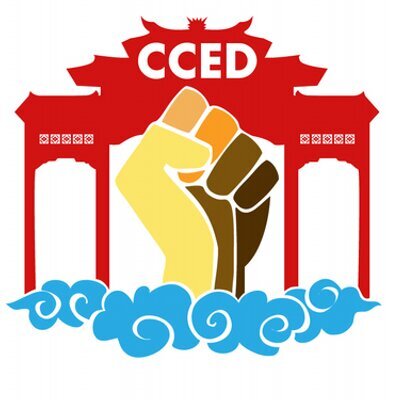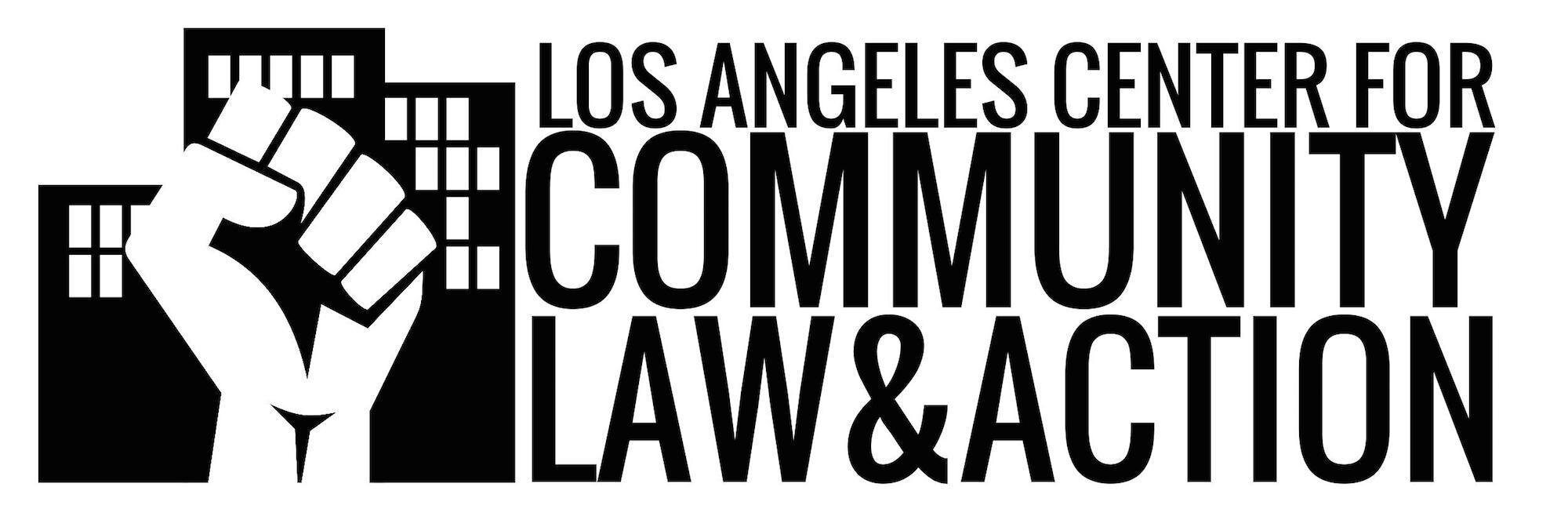HOUSING & HOMELESSNESS
LA is the least affordable city in the country for renters.
LA is a renter-majority city: more than half of its residents are renters. Nearly a third of those renters are spending over 50% of their income on rent. And, the affordability crisis overwhelmingly impacts marginalized groups: queer people, undocumented individuals, and especially black Angelenos. About 50% of black households in South LA spend over half of their income on rent.
Rising rents are also the #1 cause of homelessness in Los Angeles. And we have the largest unsheltered, unhoused population in the country — there are at least 60,000 unhoused people in our city on any given day. 1 out of every 5 people who are unhoused in America live in Los Angeles.
The devastating impact homelessness on marginalized communities
The homelessness crisis disproportionately affects our most vulnerable, marginalized communities:
Less than 9% of our city’s overall population is black, but 40% of the unhoused population is black.
Only around 5-6% of the city’s population is LGBTQ identifying, but somewhere between 20-40% of the unsheltered youth in this city identify as LGBTQ.
Nearly 4,000 veterans lack a “fixed, regular or adequate place to sleep” on any given night in Los Angeles County, making up some 6.5% of our total unhoused population. Only around 3.5% of the population of Los Angeles are veterans.
Violence against the unhoused
Being homeless in Los Angeles is increasingly dangerous — 1 in 3 uses of force by LAPD in 2019 were against unhoused people, an alarming rise from previous years. We’ve seen rates of civilian violence against the unhoused increase in recent years as well, with firebombings, explosive devices, and straight-up arson attacks directed at our neighbors. This is on top of the brutal conditions that result in more than 1,000 people dying on our streets last year.
While 75% of the apartments in Los Angeles are protected by our city’s Rent Stabilization Ordinance, only 16% of the apartments in LA are classified as “affordable” under the rules established by the US Department of Housing and Urban Development. This number declines every year as affordability covenants expire and building owners push to bring their stock of apartments up to “market rents” through illegal evictions and by refusing to perform basic maintenance, forcing tenants to move in the face of unlivable conditions. These same tactics are used to get rent stabilized tenants to move out so that landlords can sell their buildings to a gentrifying population, but tenants are fighting back.
Los Angeles is the epicenter of the housing, homelessness, and prison crisis in America.
We believe that housing is a human right.
We want people to be in control of their own housing, instead of living at the whim of landlords who want to raise rents. As a city, we have the duty and ability to ensure housing for everyone. We believe housing justice goes hand-in-hand with advocacy for the unhoused, as the two crises feed each other.
We know that the homeless crisis is caused directly by the housing affordability crisis.
Here’s what we’re doing about it:
Our members pushed City Council to study a vacancy tax through the Neighborhood Council system. We stood along coalition partners at the press conference announcing this motion, and as part of the vacancy tax coalition we continue to participate in ongoing discussions on how best to make this tax work for the people.
We signed on to Tenants Right to Counsel legislation at City Council to help end illegal evictions across Los Angeles.
We helped to write the Peoples Action national Homes Guarantee plan. The Squad and other members of Congress have already started introducing legislation to make this plan a reality.
We met with Adam Schiff in his DC office in April 2019 and urged him to address housing discrimination relating to veterans and Section 8 voucher recipients. Two months later, he signed on as a co-sponsor of H.R. 3516, the Fair Housing Improvement Act of 2019, which will amend the Fair Housing Act to prohibit discrimination based on source of income, veteran status, or military status.
We directed $15,000 of Neighborhood Council Funds (and counting) to The Shower of Hope, which provides hygiene and necessities to people experiencing homelessness.
We work alongside our sister organization of POWER in advocating for the rights of public housing residents across the city.
We’ve helped defend tenants of low-rent housing when the rent was raised out of affordability. Tenants associations are key to building this collective power and fighting back against greed.
We continue to pressure city council to repeal the laws that criminalize poverty and homelessness — ordinances such as the ban on daytime tents (56.11), the ban on sleeping in your car overnight (85.02), and ban on sitting or lying down on the sidewalk any time (41.18).
Alongside our allies in Streetwatch LA, we actively help prevent the destruction and confiscation of property of the unhoused during Department of Sanitation “sweeps” and we’re members of the Services Not Sweeps coalition.
We show up at City Hall to support our allies at Everyone In when advocating for building supportive housing and other permanent solutions to homelessness.
We endorse, support, and mobilize for candidates like Nithya Raman and Loraine Lundquist, who support these goals. We have knocked on thousands of doors for these candidates.
ALLIES
los angeles tenants union
Los Angeles Tenants Union (LATU) is an city-wide coalition of tenants associations that fight back against gentrification, landlord harassment, and eviction. Right now, LATU has 11 local chapters, and holds regular meetings that are open to the public. Attend a meeting and ask for help, advice, and emotional support!
Union de Vecinos
Union de Vecinos is an organization of neighborhood committees where low-income working families, seniors, and youth come together to SEE the conditions of their neighborhoods, REFLECT on the root causes of these conditions, and ACT to bring about real, concrete change.
Los Angeles Center for Community Law and Action
LACCLA aims to combat exploitative and discriminatory economic practices and prevent the displacement of low-income residents from their neighborhoods. Their mission is to support the members of our community through legal and collective action as they exercise their existing social, economic, and political power. LACCLA organizes buildings and neighborhoods in Los Angeles County and beyond to push back against the displacement of low-income residents from their communities. They also provide free legal services where necessary. Join LACCLA at weekly community meetings every Saturday at 4:00 PM.
Chinatown Community for Equitable Development (CCED)
CCED is an all volunteer, multi-ethnic, intergenerational organization based in Los Angeles Chinatown that builds grassroots power through organizing, education, and mutual help.
People Organized for Westside Renewal
POWER is a membership-based community organizing group. We employ a community organizing strategy based on relationship building and direct action to create meaningful change in the neighborhoods where we work. We start locally, working on issues that matter to people in our communities, such as affordable housing, community safety, and quality education. We then connect our issues to those of our national network, National People's Action (NPA), and we are part of a national movement focused on building an economy that works for everybody, challenging corporate power, and winning increasingly more inclusive and democratic government policies.
LA Community Action Network (LACAN)
LACAN’s constituency consists of extremely low-income and homeless people, primarily those living in Downtown LA and South Central LA. LACAN recruits organizational members and builds indigenous leadership within this constituency to promote human rights and address multiple forms of oppression faced by extremely low-income, predominately African-American and Latinx, residents.






